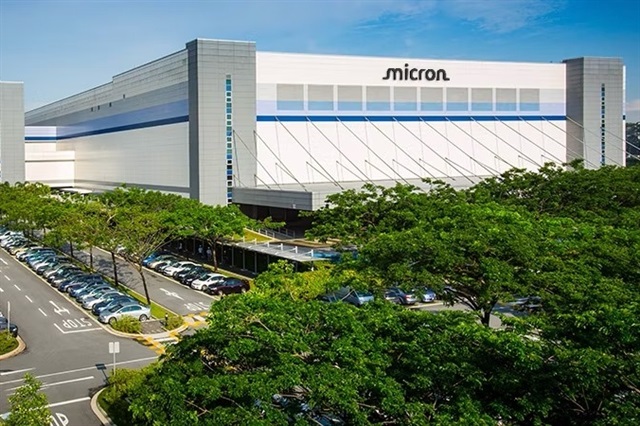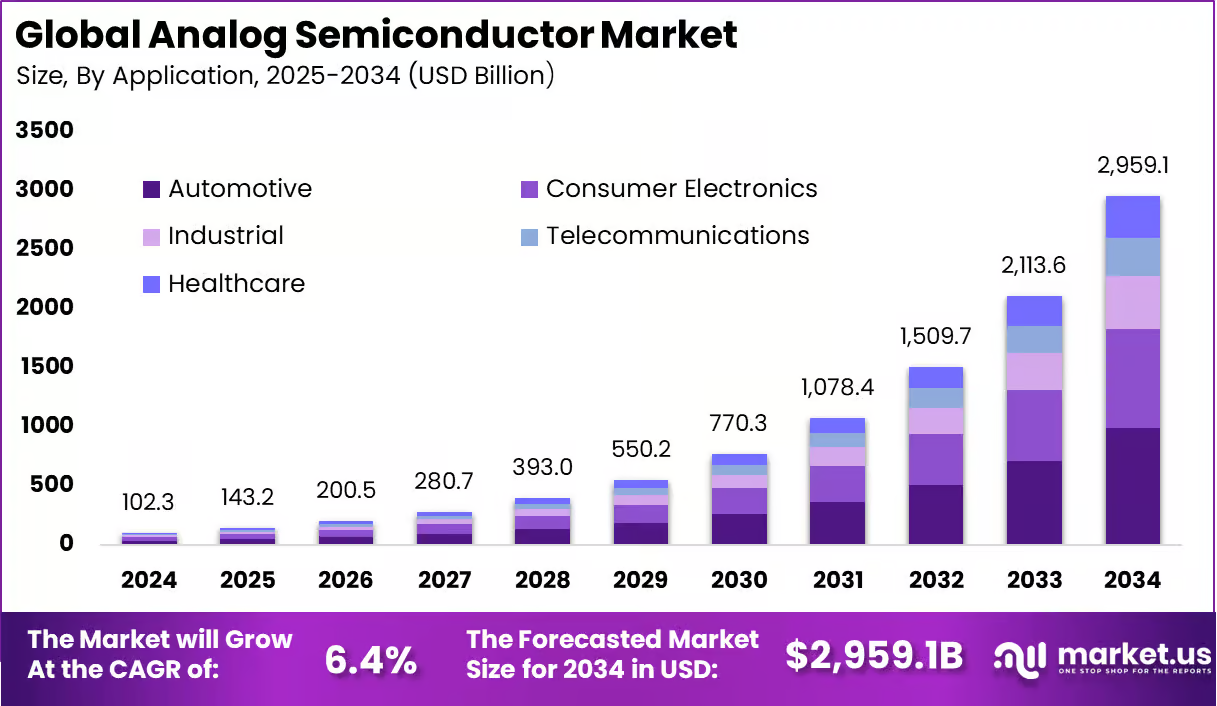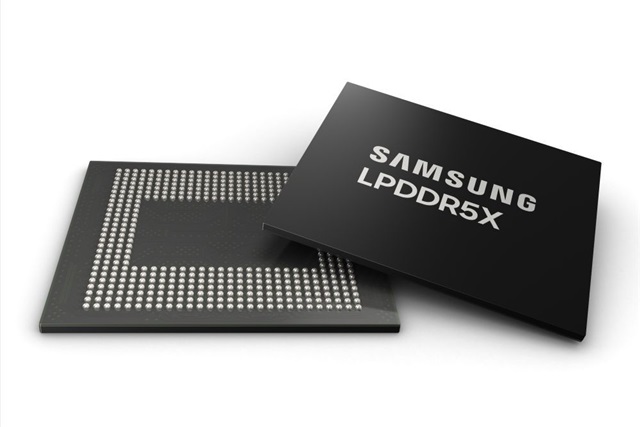
Micron Technology initiated construction on Wednesday (January 8, 2025) of a new High-Bandwidth Memory (HBM) advanced packaging facility adjacent to its existing facilities in Singapore.
The US memory vendor marked the groundbreaking with a ceremony attended by Gan Kim Yong, Deputy Prime Minister and Minister for Trade and Industry of Singapore; Png Cheong Boon, Chairman of the Singapore Economic Development Board; Pee Beng Kong, Executive Vice President of the Singapore Economic Development Board; and Tan Boon Khai, CEO of JTC Corporation.
According to Micron, the new HBM advanced packaging facility will be the first of its kind in Singapore. Operations are scheduled to begin in 2026, with a significant expansion of Micron's total advanced packaging capacity starting in 2027 to meet growing AI demands. The facility will also strengthen Singapore's local semiconductor ecosystem and innovation.
"As AI adoption proliferates across industries, the demand for advanced memory and storage solutions will continue to increase robustly," said Sanjay Mehrotra, president and CEO of Micron. "With the continued support of the Singapore government, our investment in this HBM advanced packaging facility strengthens our position to address the expanding AI opportunities ahead."
Micron's HBM advanced packaging investment of approximately US$7 billion through the end of the decade and beyond will initially create around 1,400 jobs, expanding to an estimated 3,000 jobs in the future. These new roles will include functions such as packaging development, assembly, and test operations, according to the company.
The company added that its future expansion plans in Singapore will also support long-term manufacturing requirements for NAND. Micron will maintain flexibility in managing the pace of capacity ramps in both the HBM and NAND facilities to align with market demand.
Stay up to date with the latest in industry offers by subscribing us. Our newsletter is your key to receiving expert tips.

The market size of analog semiconductors was recorded at USD 102.3 billion in 2024 and is projected to register consistent expansion, rising from USD 143.2 billion in 2025 to approximately USD 2,959.1

On 27 July 2025, European Union and United States of America reached a political agreement on tariffs and trade. The transatlantic partnership is a key artery of global commerce and is the most signif

Samsung Electronics will raise contract prices for DRAM and NAND flash in the fourth quarter of 2025, industry sources told Newdaily.co.kr. The move reflects shrinking output of legacy products and su